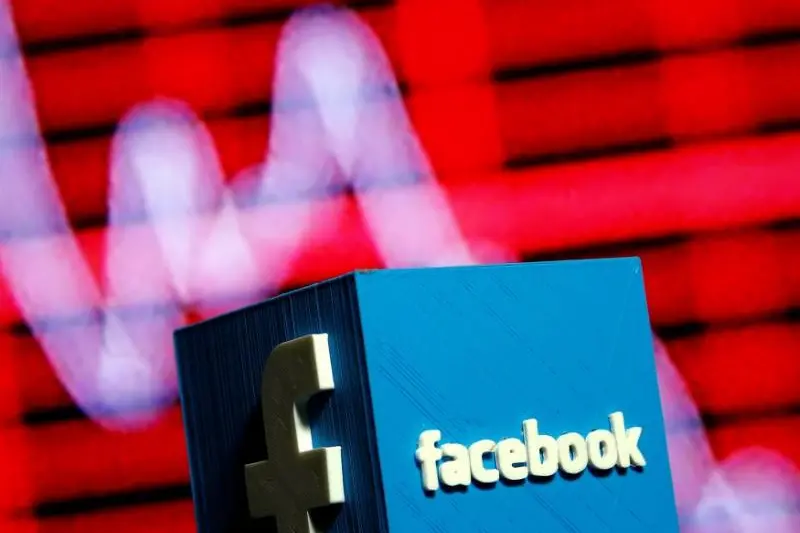PHOTO
NEW YORK - Facebook is late to fighting an existential threat for the second time in its 14-year life. Poor security, low-quality content and excessive advertising are as big a danger to Mark Zuckerberg’s company as the 2012 growth of mobile. Facebook finally appears focused on the threat, but it won’t be as easy to solve via acquisitions and improved apps.
The social network’s value comes from holding the attention of its many customers. That’s what advertisers follow, but the converse isn’t true, which is why mobile’s growth before Facebook’s IPO frightened the firm. The app was clunky, and upstarts built around mobile photography, such as Instagram, threatened the company’s desktop-predominant audience.
What followed was a massive, successful response. Zuckerberg spent $1 billion for Instagram when it had no revenue. Likewise he frantically tried to make Facebook’s core app user-friendly. Now Instagram is worth an estimated $80 billion, according to a Breakingviews analysis in April, while over 90 percent of Facebook’s advertising revenue is mobile.
Recent news that hackers stole codes permitting them to log into nearly 50 million accounts is the latest warning the company’s size and complexity may render it too difficult to control. Regulator trust has dissipated – the Federal Trade Commission, Federal Bureau of Investigation, Department of Justice, Securities and Exchange Commission and 37 state attorneys general are probing the company. Watchdogs worldwide are circling, and the firm may face a fine of up to 4 percent of annual revenue in Europe for its recent hack.
Zuckerberg’s outfit is taking action. It has deleted over 1 billion fake accounts, doubled the number of employees working on safety and security to 20,000 and hired Nathaniel Gleicher - formerly with the National Security Council - to run its efforts. Zuckerberg even says the firm is “investing so much in security that it will significantly impact our profitability.”
Past success suggests its efforts shouldn’t be dismissed. Figuring out how to protect a site of over 2 billion users is extremely difficult, as its size and influence make it a tempting target for the most sophisticated hackers. User trust is difficult to regain once lost. And scaling back advertising could slow revenue growth further. Facebook’s crisis is as real as can be.
CONTEXT NEWS
- Facebook’s lead European Union regulator, the Irish Data Protection Commissioner, said on Oct. 3 it had commenced an investigation into a recent attack on Facebook. The social network said hackers stole codes allowing them to log into 50 million accounts at Facebook. The attack may have allowed the hackers to log onto third-party sites using Facebook’s single sign-in feature, but the company has found no evidence to date that this has occurred.
- Under the European Union’s General Data Protection Regulation, Facebook may be subject to a fine reaching up to 4 percent of annual turnover, depending on the severity of the rules broken and Facebook’s handling of the incident.
(Editing by Jennifer Saba and Martin Langfield)
© Reuters News 2018





















